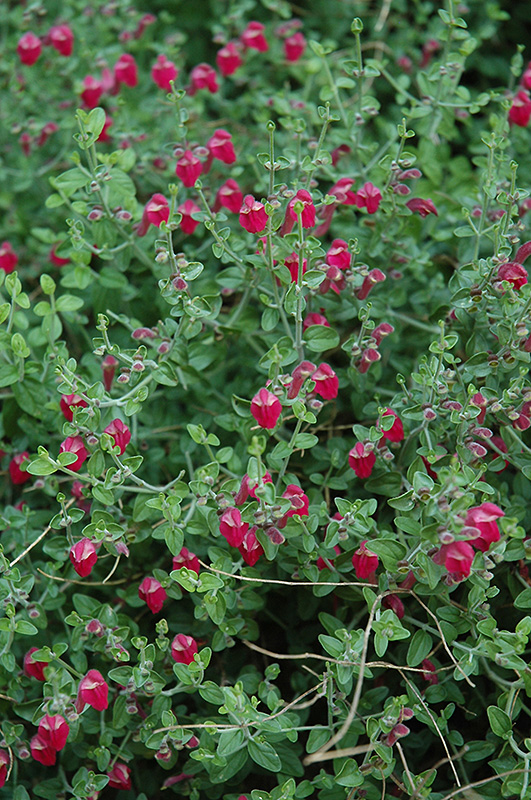Texas Rose Pink Skullcap
Description
A beautifully flowering herbaceous groundcover bathed with pink flowers accented with fuchsia; spectacular when in mass bloom; lovely in the garden, or along low borders or walkways
Landscape Attributes
Texas Rose Pink Skullcap is an herbaceous perennial with a ground-hugging habit of growth. Its medium texture blends into the garden, but can always be balanced by a couple of finer or coarser plants for an effective composition.
Texas Rose Pink Skullcap is recommended for the following landscape applications;
Planting & Growing
Texas Rose Pink Skullcap will grow to be only 4 inches tall at maturity extending to 6 inches tall with the flowers, with a spread of 15 inches. When grown in masses or used as a bedding plant, individual plants should be spaced approximately 12 inches apart. Its foliage tends to remain low and dense right to the ground. It grows at a fast rate, and under ideal conditions can be expected to live for approximately 4 years. As an herbaceous perennial, this plant will usually die back to the crown each winter, and will regrow from the base each spring. Be careful not to disturb the crown in late winter when it may not be readily seen!
This plant does best in full sun to partial shade. It does best in average to evenly moist conditions, but will not tolerate standing water. It is not particular as to soil type or pH. It is somewhat tolerant of urban pollution. This is a selected variety of a species not originally from North America.
Texas Rose Pink Skullcap is a fine choice for the garden, but it is also a good selection for planting in outdoor pots and containers. Because of its spreading habit of growth, it is ideally suited for use as a 'spiller' in the 'spiller-thriller-filler' container combination; plant it near the edges where it can spill gracefully over the pot. Note that when growing plants in outdoor containers and baskets, they may require more frequent waterings than they would in the yard or garden. Be aware that in our climate, this plant may be too tender to survive the winter if left outdoors in a container. Contact our experts for more information on how to protect it over the winter months.

